Mickey Breeze and H. Bernard Hall on Hip Hop As a Lifestyle
Key Points
-
We might have a different “palette” of belonging than the students we are serving. How do we get out of the way to allow them to fully see and be seen?
-
Hip hop is not a product — it is a way of life.
-
The question about hip hop use is “why” not “what” or “how”.
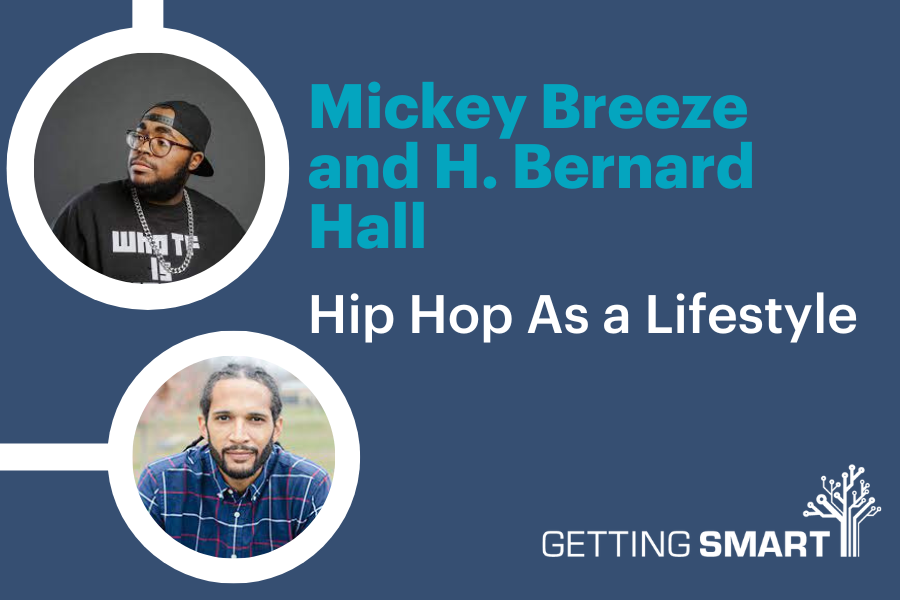
On this episode of the Getting Smart Podcast, Victoria Andrews is joined by Producer Mickey Breeze, the 10-time Beat Battle Champion of the Twin Cities. He is also a former teacher for the “Twin Cities Mobile Jazz Project.” and a DJ for the Minnesota Timberwolves and Twins. He’s a proud alumni of the High School for Recording Arts in St. Paul, MN.
We’re also joined by Dr. H. Bernard Hall an Assistant Professor of Urban Teacher Education at Drexel University in the Department of Teaching, Learning, and Curriculum. His teaching and research interests include urban teacher education and development, social justice-oriented approaches to secondary English education, hip-hop pedagogy, anti-Black educational policy and practice, and critical qualitative research.
Links:
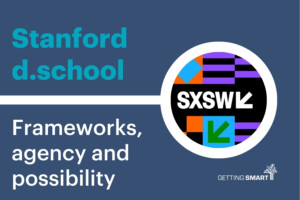

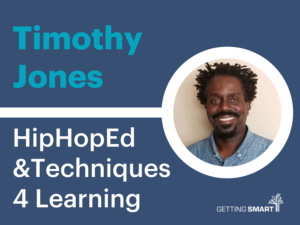
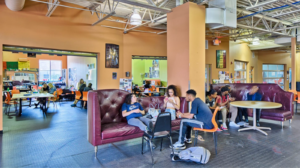
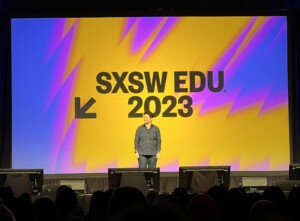
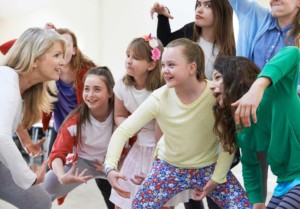
0 Comments
Leave a Comment
Your email address will not be published. All fields are required.